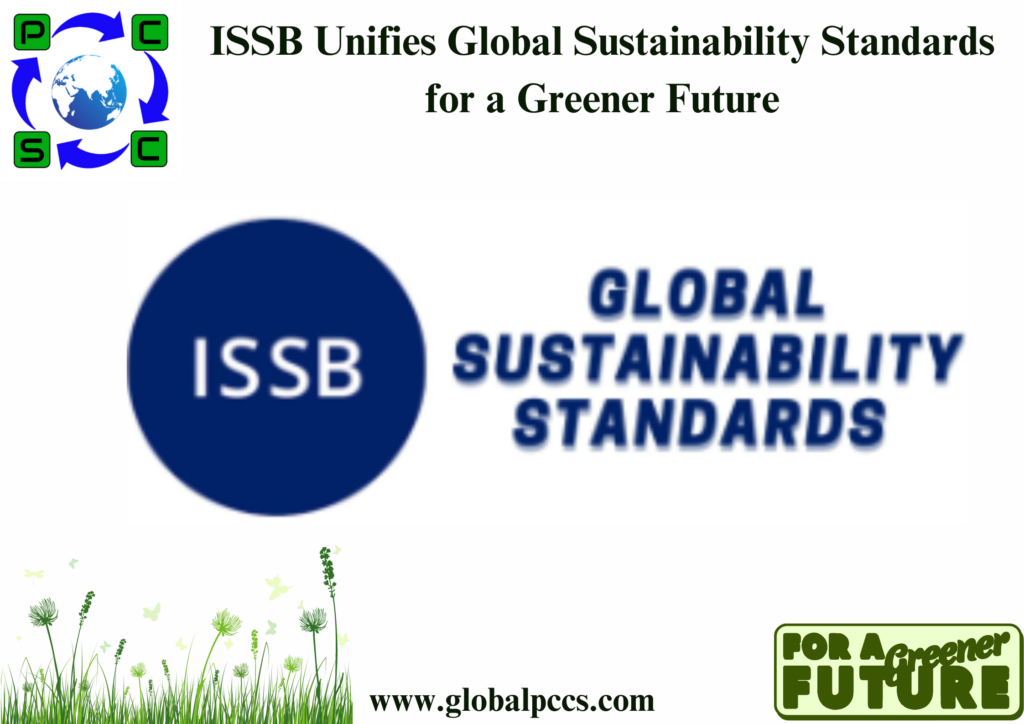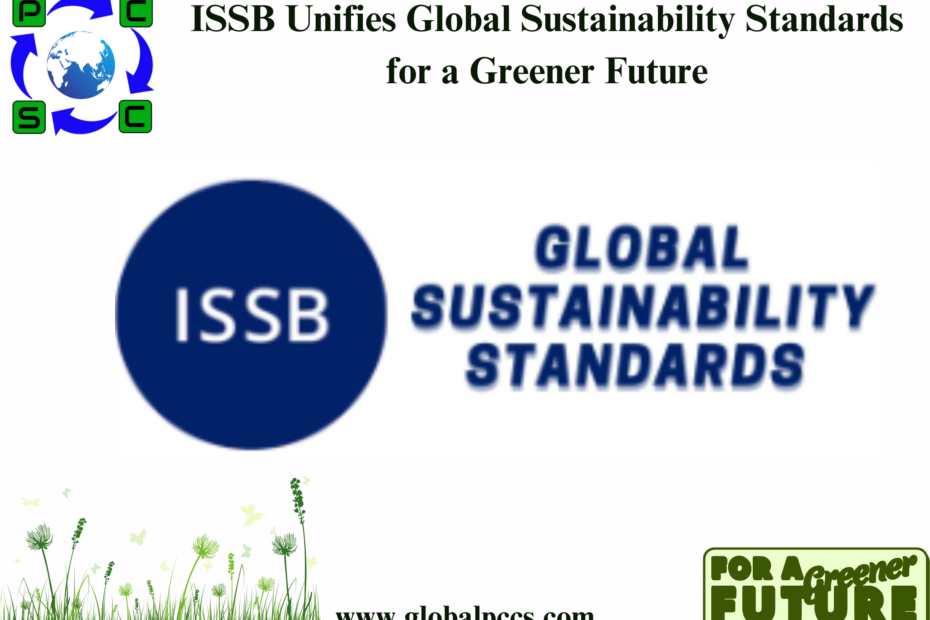 It seems that the International Sustainability Standards Board (ISSB) makes a new announcement about ‘harmonizing’ corporate sustainability reporting every other week.
It seems that the International Sustainability Standards Board (ISSB) makes a new announcement about ‘harmonizing’ corporate sustainability reporting every other week.
This week, there was an update on the strengthening of relationships between the ISSB and Transition Plan Taskforce (TPT), the Greenhouse Gas (GHG) Protocol, CDP, Taskforce on Nature-related Financial Disclosures (TNFD), and Global Reporting Initiative (GRI).
The announcements came as the ISSB kicked off its two-year action plan at London Climate Action Week. New updates focussed on climate transition planning and GHG accounting, with the ISSB taking over the responsibilities of the TPT and releasing a Memorandum of Understanding with the GHG Protocol.
The official partnership with the GHG Protocol includes a memorandum of understanding, which ensures the ISSB is involved in future governance and engaged in any future decisions on the GHG Protocol standards.
The ISSB will be taking over the responsibilities of the UK Transition Plan Task Force (TPT), announced in 2021 at COP26. The move aims to reduce reporting fragmentation with climate transition plans, which are also included in the ISSB’s climate-related disclosure standard (IFRS 2). The IFRS Foundation (ISSB’s parent organization) will now assume responsibility for the disclosure-specific materials developed by TPT.
These two new agreements were mentioned alongside previously announced agreements to align with the CDP, TNFD, and GRI – adding to the impression that ISSB is rapidly converging and harmonizing global sustainability standards.
Regulation > Harmonization
The European Financial Reporting Advisory Group (EFRAG – the group that established Europe’s sustainability reporting standards – ESRS) also announced its increased commonality with the Taskforce on Nature-related Financial Disclosure (TNFD). Releasing a mapping tool that shows where the TNFD and European Sustainability Reporting Standards overlap.
Although the ESRS and ISSB recently announced a high level of interoperability, companies are grappling with the practical reality of mandated reporting of their sustainability results. Thousands of companies are currently preparing their inaugural reports as required by the Corporate Sustainability Reporting Directive (CSRD), which requires the application of the European standards (ESRS). Plus, Switzerland just announced that it would expand its sustainability reporting regulations from 300 to 3,500 and require companies to report using the ESRS or an equivalent.
The compliance imperative, combined with the more comprehensive coverage of the ESRS (12 standards vs. the ISSB’s two, double materiality instead of single), is resulting in corporations applying the European approach and assuming it will cover other compliance obligations.








 Authorised IMDS & CDX Training & Consulting partner for
Authorised IMDS & CDX Training & Consulting partner for





